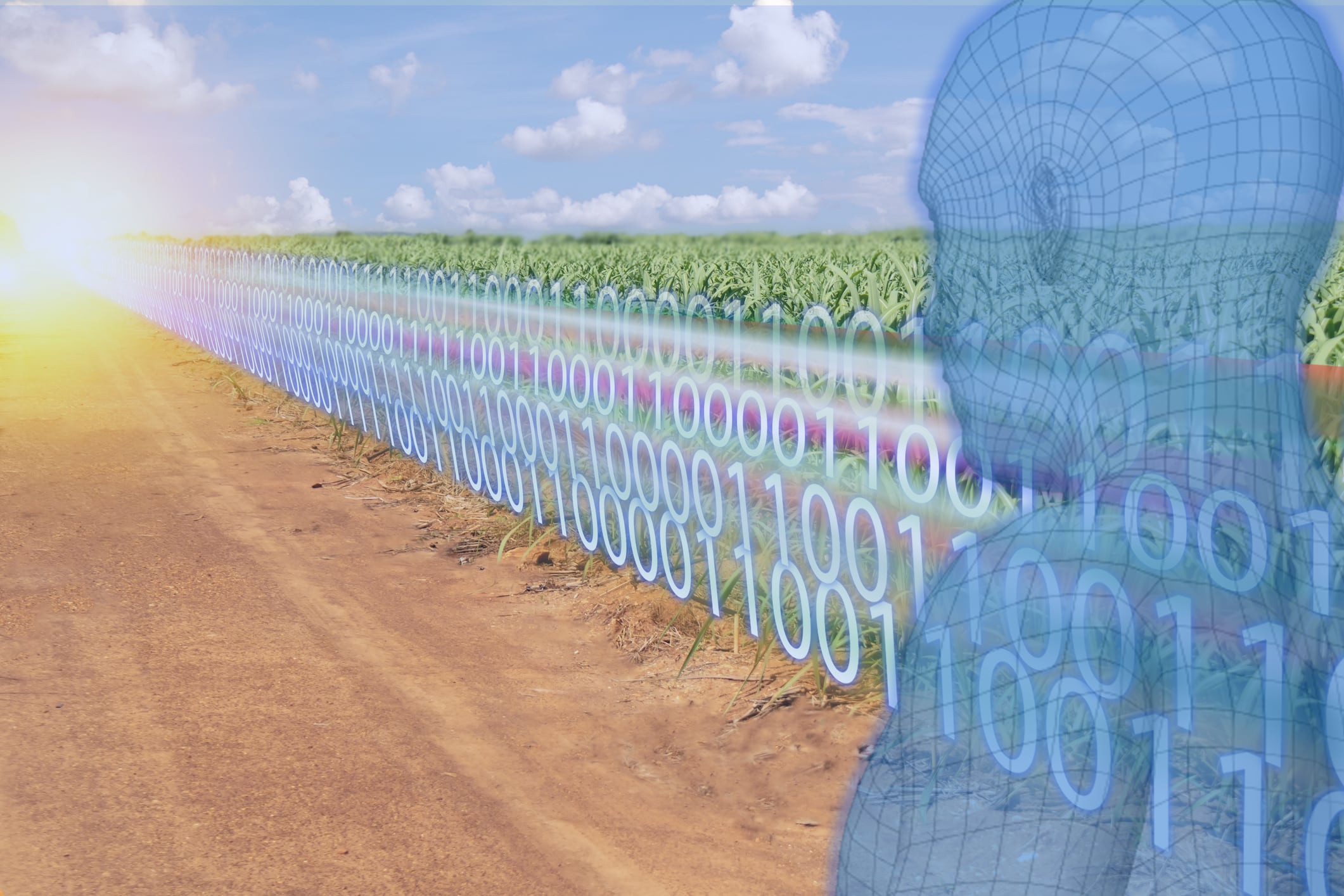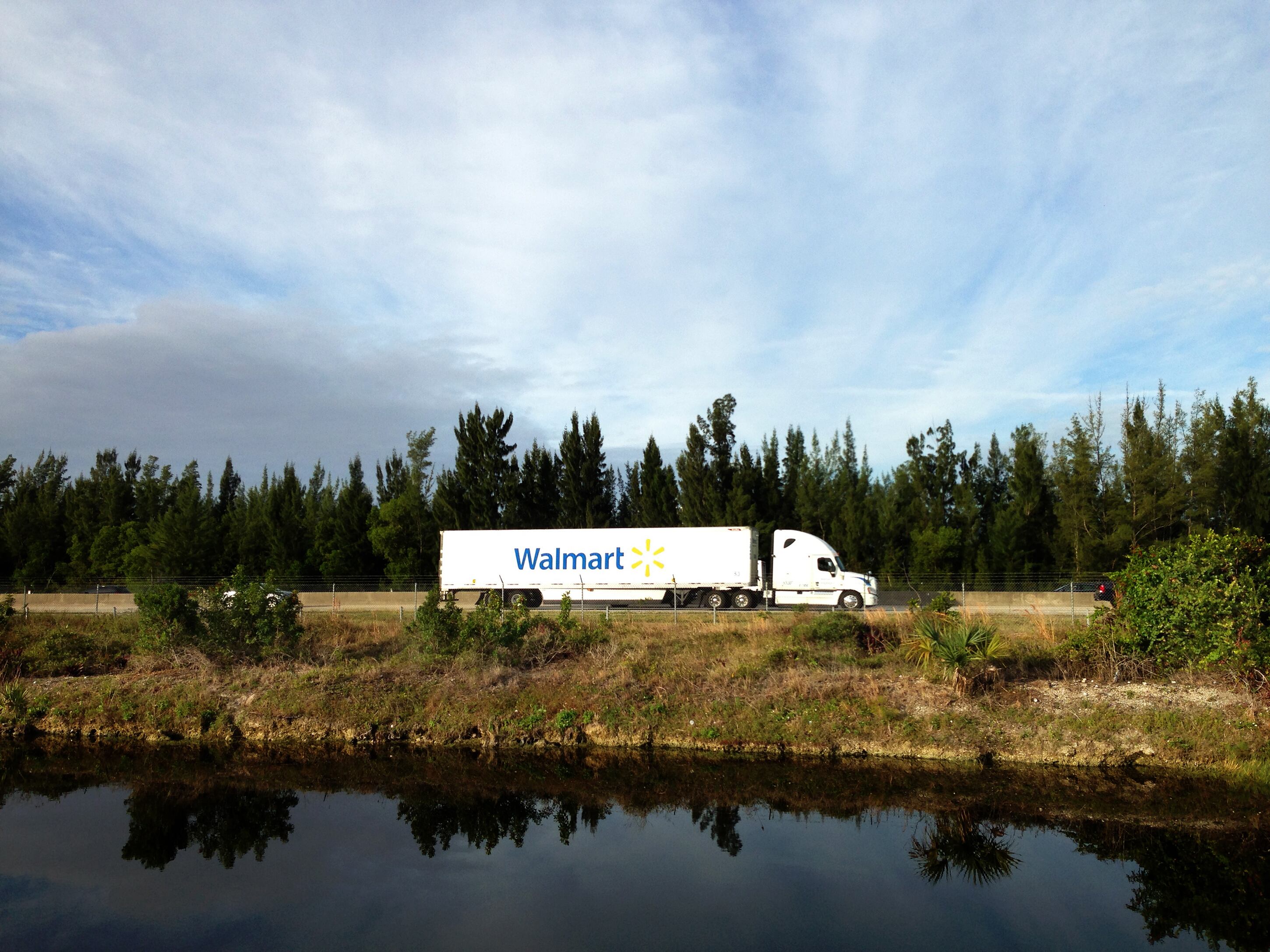This was according to a new systematic review by researchers from Vietnam, Cambodia, the Philippines, and Sweden.
Analysing 141 studies published between 2005 and 2021, researchers identified 13 key opportunities and 21 major barriers to the development of interactive DESs in developing countries.
According to the findings, DESs have been evaluated as the best source of learning and information exchange in the agricultural sector.
These platforms can help overall agricultural productivity, ensuring enhanced profit and income for farmers.
They also facilitate collaboration between farmers and other stakeholders, including extension workers, service providers, and policy-makers.
Furthermore, DESs help farmers procure inputs and market products more efficiently, improve price negotiation and market access, and provide faster access to vital agricultural information.
The authors noted that these digital tools are increasingly recognised as key to transforming the agri-food sector.
“Digital extension services (DESs) play a crucial role in transforming the agri-food sector while creating the potential to enhance production towards sustainable development via ensuring resource efficiency, environmental resilience, and economic viability for small-holder farmers.”
Major hurdles
At the same time, the review found significant barriers to DES adoption.
The most frequently cited being the lack of two-way interaction.
“One of the main barriers listed is the deficiency in the two-way interaction between farmers and service providers... This has serious implications for the success and effectiveness of interactive DESs for farmers.”
There is also an absence of a unified platform connecting farmers and service providers, which hinders effective information access and dissemination.
“Particularly, in developing countries in Asia... and Africa... the analysis of the reviewed articles showed that the absence of a centralised information network for farmers and service providers has been appraised as a critical factor impeding the effective receipt of information and the proliferation of diverse types of DESs in the agricultural sector.”
Another major barrier to effective use of DES is the lack of technical skills among rural farmers, many of whom struggle to operate digital tools.
The challenge is further compounded by poor internet connectivity and limited access to reliable online platforms, particularly in remote areas.
Inadequate training for both farmers and extension workers further limits the potential of digital tools.
The review also noted that the quality of information provided is often of poor quality, which raises concerns about overall usefulness and accuracy for decision-making.
Furthermore, limited electricity, poor infrastructure, high illiteracy, and the cost of digital tools all pose significant barriers to the effective use of DESs by smallholder farmers.
The researchers concluded that the primary challenges were the lack of meaningful interaction between farmers and service providers and the absence of a centralised information network.
Moving forward, it was suggested that the industry must understand barriers better and learn how they arise to effectively address them.
“This advancement is not only crucial for scientific progress but is also a vital step in supporting institutions, policy-makers, and implementers who are key facilitators in the timely and effective development of interactive DESs, particularly in developing countries.”
Source: Sustainability
The Opportunities and Barriers in Developing Interactive Digital Extension Services for Smallholder Farmers as a Pathway to Sustainable Agriculture: A Systematic Review
Authors: Le Thi Hoa Sen, Le Thi Hong Phuong, Phanith Chou, Flordeliz B. Dacuyan, Ylva Nyberg, Johanna Wetterlind





